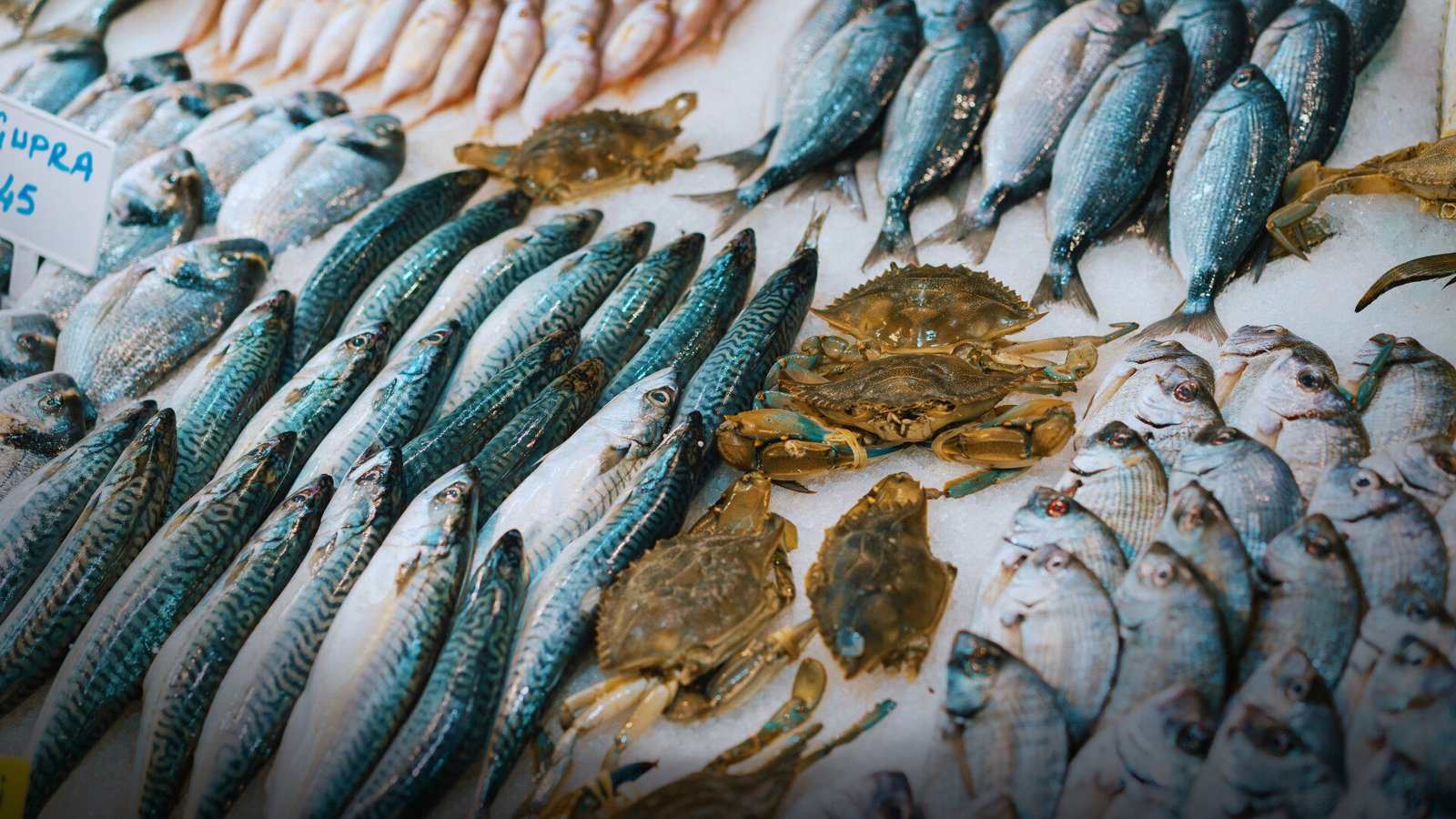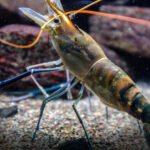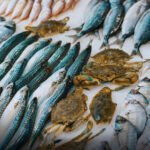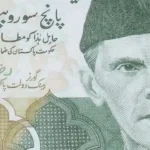Hasnain Ali
The long-struggling fishermen of Keti Bunder and Shah Bunder finally have a reason to hope. The Sindh government’s plan to build two Sindh mini fish harbours in Thatta and Sujawal promises to bring stability, jobs, and fresh opportunity to coastal communities hit hard by climate change.
These new harbours are meant to revive local livelihoods and support sustainable fishing. For years, many fishermen in these areas have watched their income vanish as sea intrusion ruined freshwater sources and made fishing far more expensive.
Fishermen See a Lifeline in the New Harbour Plan
This reporter learned from Pakistan Fisher Folk Forum (PFF) Chairman Mehran Shah that the community has faced some of the toughest losses in Sindh’s coastal belt. “Keti Bunder and Shah Bunder are among the worst affected by sea intrusion and water shortages in the Indus River,” he said. “Our people depend on freshwater fish. We can’t afford sea fishing — it needs costly boats and equipment.”
According to Shah, the government has promised training in modern fishing methods and financial support to help fishermen build their own boats and buy essential gear.
He believes this project could turn lives around. “It will help rebuild our fishing community, create local jobs, and improve the quality of fish exports,” he said.
Officials Outline Major Goals for the Coastal Project
Officials at the Livestock and Fisheries Department say the plan serves three major goals: reducing pressure on Karachi’s
overcrowded Fish Harbour, supporting small-scale fishermen, and improving incomes in coastal villages.
The total cost for both harbours is estimated at Rs1.35 billion. The project will take about three years and is being funded by both the provincial government and international partners.
Fisheries Department Addresses Karachi Harbour Congestion
Asim Kareem, Director of the Fisheries and Livestock Department, told this reporter that his team recently briefed the chief minister and senior officials about the project’s progress.
He explained that the main seafood landing site in Karachi is already stretched beyond its limit. “Boats face long delays, and because of low draft and slow unloading, almost half the catch spoils before it can be sold,” Kareem said. “That’s a huge loss in export value.”
To fix this, the department plans to build fully equipped mini harbours at both sites, including storage, docking, and modern auction facilities. The Directorate of Fisheries will manage construction and operation to ensure smooth handling, efficiency, and job creation.
Modern Facilities Planned for Shah Bunder Harbour
The Shah Bunder harbour will include berthing areas for small boats, cold storage, fuelling stations, and repair workshops. It will also have an eco-friendly waste system and a modern auction hall to encourage fair trade and transparent pricing.
Kareem said the initiative will give a major push to Sindh’s fishing economy while promoting responsible, eco-friendly coastal growth. “We’re also setting up training workshops on post-harvest handling, cooperative management, and sustainability,” he added.
Sindh’s Coastal Vision for Climate-Resilient Development
He called the project a “milestone” for Sindh’s coastal development. “These harbours will make the fishing industry stronger and help coastal families find lasting financial stability,” he said.
He added that Keti Bunder and Shah Bunder have deep historical roots as natural ports, making them ideal for revival. The project could also attract tourism and related business. The first phase will include the mini harbours, followed by plans for a full-fledged port later.
Both districts are well-connected by major roads, including the national highway and motorway, making trade and transport easier.
This initiative fits into Sindh’s wider vision for climate-resilient and inclusive coastal growth. If successful, it could reshape the future of the Indus Delta’s fisheries, trade, and tourism.
Author Profile
-
Hasnain Ali is a Pakistani journalist who writes on business, agriculture, and telecom issues with a focus on policy, innovation, and market trends.
His reporting highlights how economic shifts, digital connectivity, and agricultural reforms shape everyday life across Pakistan.
Known for his clear analysis and grounded storytelling, Hasnain aims to make complex economic topics accessible to general readers.





